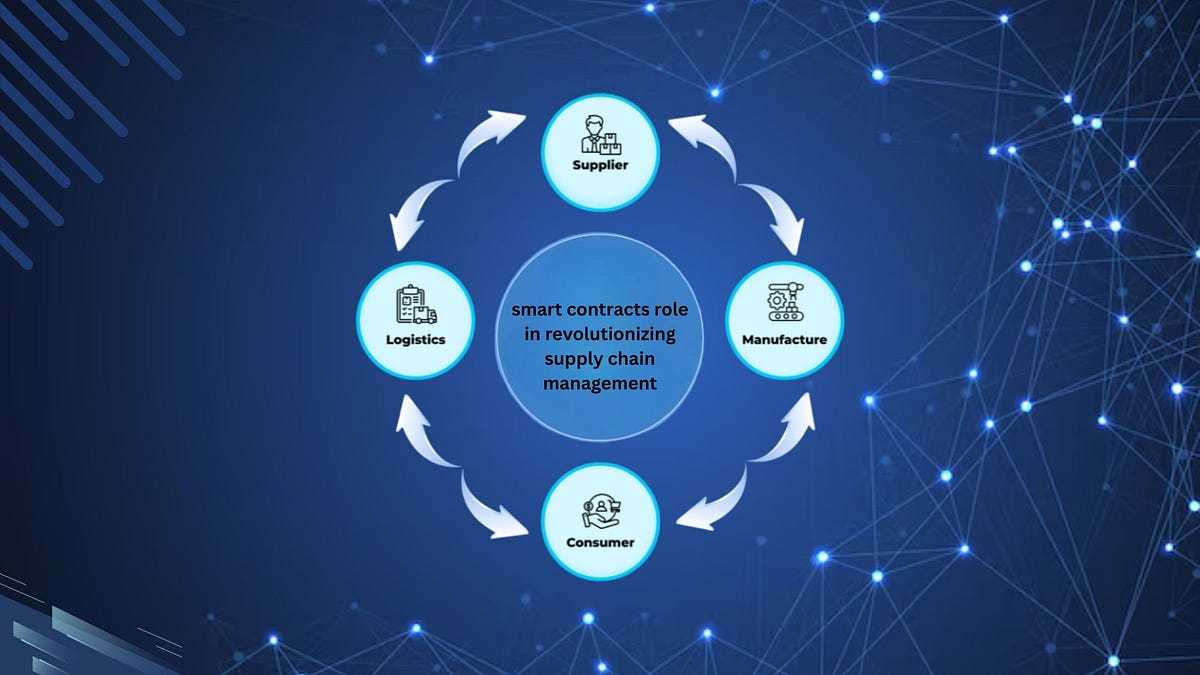Medium
1M
153

Image Credit: Medium
How Smart Contracts Are Shaping the Future of Supply Chain Management
- The supply chain industry is experiencing a shift with the adoption of blockchain technology and smart contracts to address challenges in transparency, efficiency, and trust.
- Smart contracts are self-executing agreements written into code, running on blockchain networks to automate processes and eliminate the need for intermediaries.
- In supply chain management, smart contracts automate payment releases, inventory updates, and shipment tracking, enhancing efficiency and reliability.
- Key benefits include increased efficiency, enhanced transparency, cost reduction, improved traceability, risk mitigation, and scalability in supply chain operations.
- Smart contracts streamline procurement, logistics, shipment tracking, inventory management, compliance, and audit processes in the supply chain.
- Smart Contract Audit Services are crucial for ensuring the security, reliability, and compliance of smart contracts, protecting businesses from financial risks and vulnerabilities.
- Automated execution, traceability enhancements, fraud reduction, regulatory compliance, and real-time data sharing are real-world applications of smart contracts in supply chain management.
- Challenges such as code vulnerabilities, regulatory uncertainty, integration complexity, and scalability issues need to be considered when implementing smart contracts in supply chains.
- Smart contract audits are essential to validate the security and compliance of smart contracts, ensuring businesses can fully leverage blockchain technology while minimizing risks.
- The future of smart contracts in supply chain management is promising, with increasing adoption expected to drive new business models, collaboration, and efficiency across industries.
Read Full Article
9 Likes
For uninterrupted reading, download the app